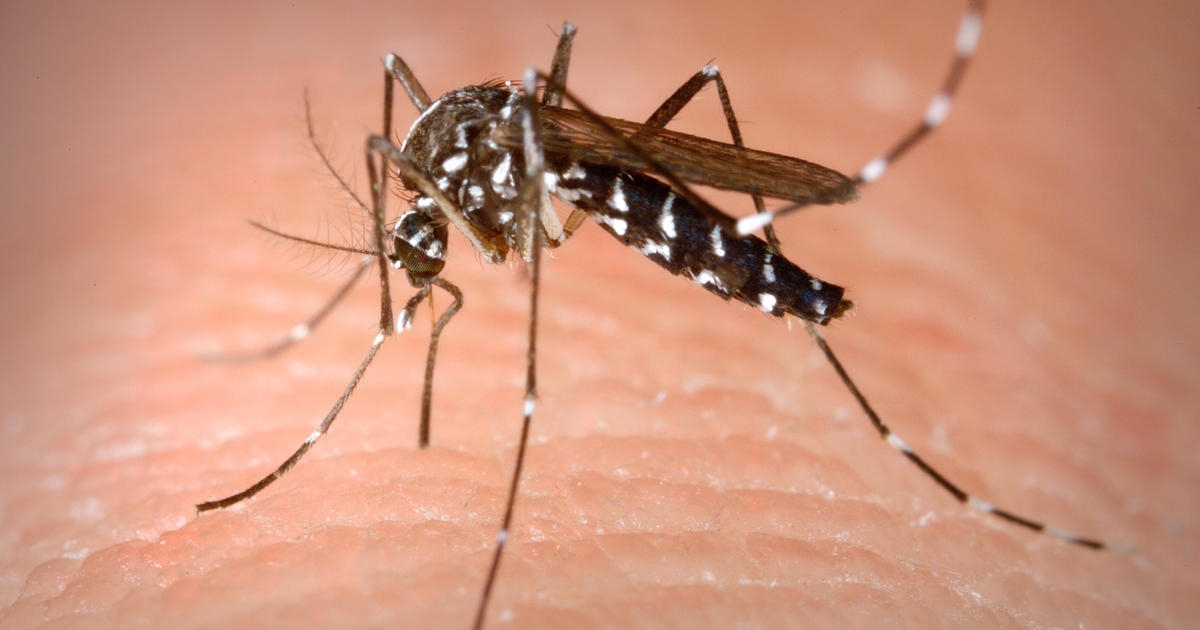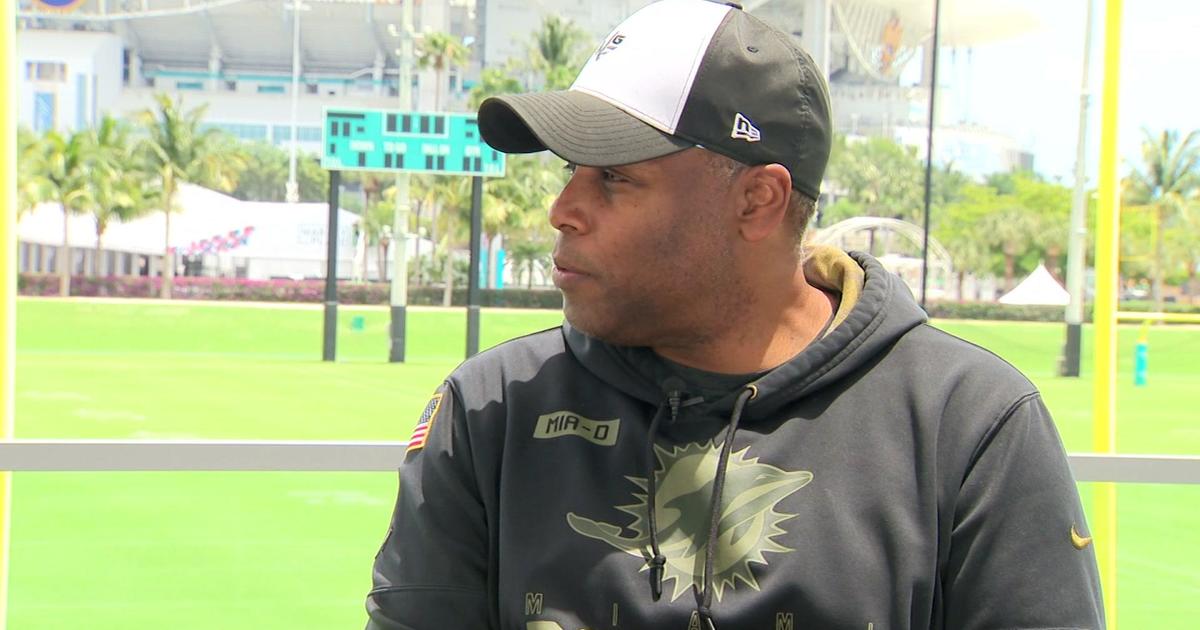4 Ways To Better Praise Your Children
MIAMI (CBSMiami) — From the moment they're born, parents want the best for their kids – helping guide, teach and encourage them as they grow.
One way parents do that is with words, especially praise. But is all praise… good praise?
There was a test conducted to find out.
Nine upper elementary school volunteered to be part of the study, led by Kristin Schaffner, who's getting her PhD in school psychology and works with children at a child development center.
For half of the children, she praised them for their intelligence, saying things like, "I can just tell you are a really smart kid."
The other half, she praised for their effort, saying words like "I can tell you're really trying your best and working hard."
Just like a previous Stanford University study, this study found that when kids were praised for being smart, they chose the easier route, but the kids who were praised for their hard work chose to challenge themselves.
Of course, there are times when external influences outweigh a short test, like the youngest tester, 8-year-old Darcy Lund. Darcy chose the harder puzzle, even though Schaffner praised for her intelligence.
Her mom said Darcy aspires to be like her big brother, Drew, and that her parents encourage her to try her best.
This test was based on a larger study at Stanford University with Dr. Carol Dweck.
She found that praising kids too often for everything they do can actually undermine their self-esteem because it makes them afraid to fail.
Schaffner offers four specific ways we can praise our kids better.
1.) Praise effort rather than ability.
Example: "I know you spent a lot of time studying and I really loved how you kept working at it and thinking about how you want do better in that class."
2.) Be specific.
Instead of vague praise like: "Good job" or "I like that" or "Nice work."
Examples of specific praise are:
- "I like the way that you're using your manners and saying please and thank you."
- "I like how you're sitting and working really hard at studying for your test tomorrow."
- "I like how you're sharing your toys with your brother or sister."
3.) Be intermittent with your praise.
Schaffner says "even as adults, if we hear praise all the time and it seems over the top, then it doesn't seem as good to us."
4.) Be sincere.
Schaffner says if we're sincere, it will be meaningful to the child.



